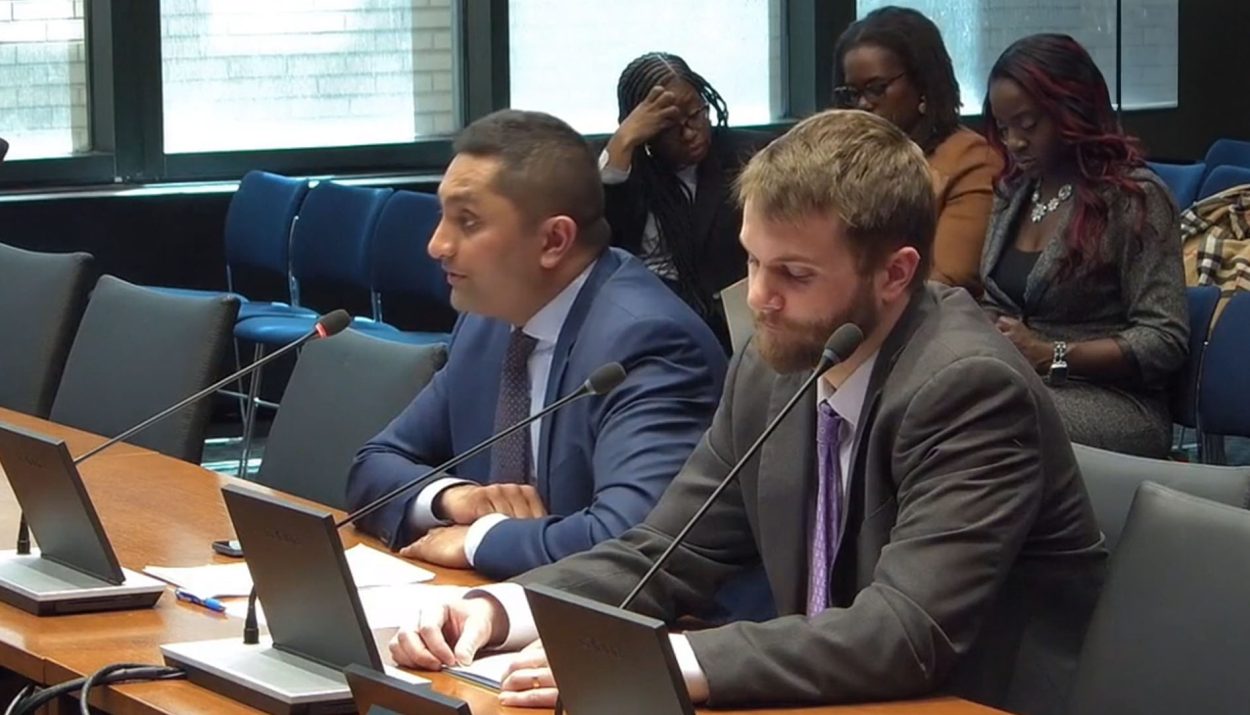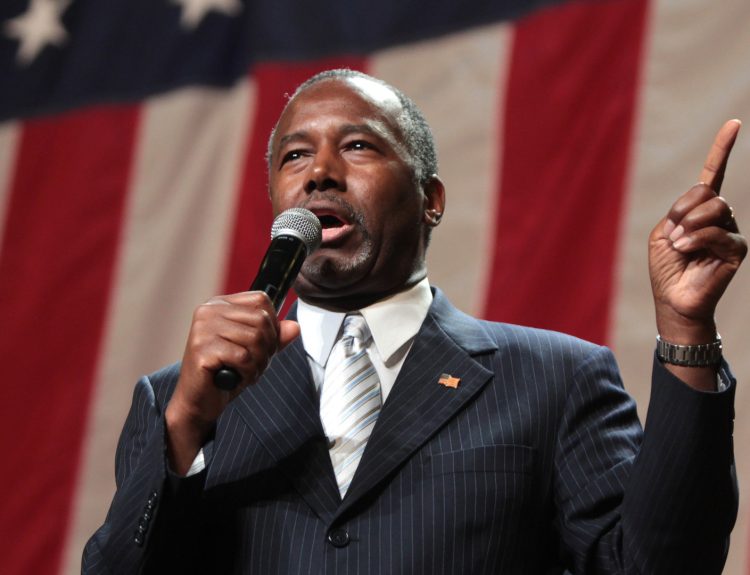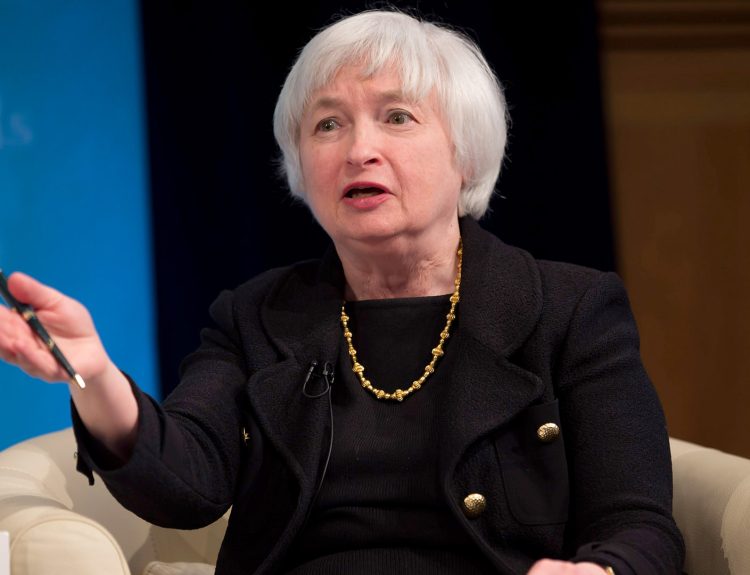Universal income and guaranteed income programs are a hot topic right now for liberals. Rising costs for gas, groceries, and other necessities have raised the conversation about affordability of living, and many believe that if the government isn’t going to raise the minimum wage with costs, then universal income is the next logical step.
Universal Income as an Idea
Universal income is not a new concept, nor is America the only country looking at implementing some sort of guaranteed income program. Simply, guaranteed income programs allow for citizens to have a base level of income provided by the government, to help pay bills and other necessities.

There is a difference between guaranteed income programs and the more popularly understood universal income concept. Universal income provides income to all citizens, with zero strings or restrictions, where guaranteed income programs are a little more nuanced in their details.
Not a New Concept
Universal income is a concept that has been floated by multiple liberal politicians in the last several years, especially as the wealth gap in America has grown ever wider through the years. Most famously, in his 2020 short-lived presidential campaign, Andrew Yang ran on a platform of $1000 a month universal income for all Americans, no strings attached.
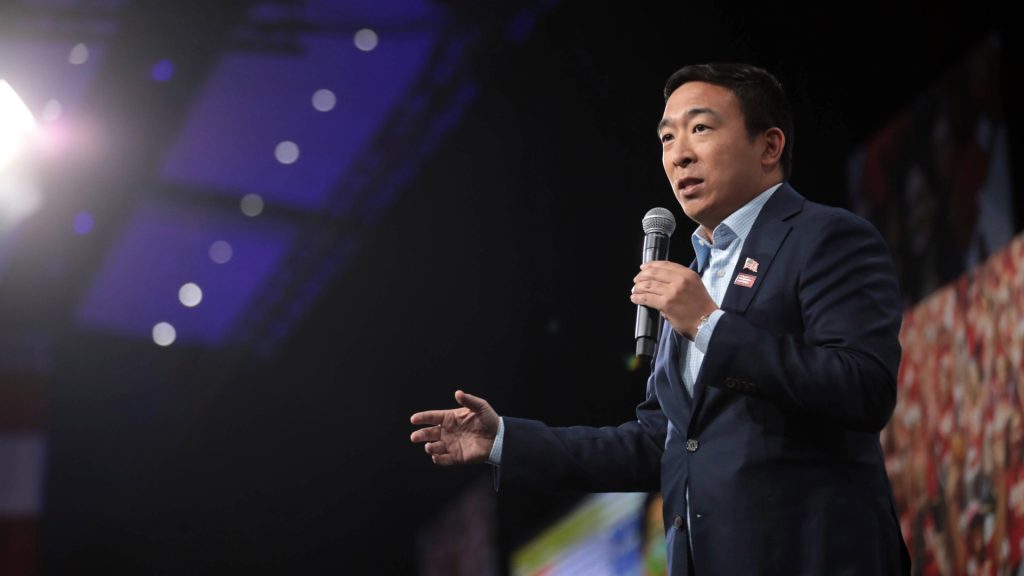
Yang’s campaign was, obviously, unsuccessful, but he was one of the more prominent figures to start the conversation surrounding universal income in America. Many politicians – particularly conservative politicians – have balked at the concept, calling it another wasteful entitlement program, but there’s more to it than that.
A Crisis of Wealth Distribution
The fact of the matter is that America is facing a crisis of income, as well as a troubling wealth disparity. Many of the policies that have been implemented in the last fifteen years have served to make the wealthy wealthier, without allowing for any of that money to move down the pillar towards the rapidly-shrinking middle class.

The minimum wage in America hasn’t been updated in more than fifteen years, and during that time, there have been several economic crises that have made living significantly more difficult. The stock market crash of 2008 put many Americans out of jobs, and the tax cuts implemented in 2017 by President Donald Trump allowed for businesses and the super rich to hoard more wealth, while providing few benefits for average Americans.
Living is Expensive
Now, in the wake of the pandemic and with inflation and costs rising far faster than wages, politicians have to have a hard conversation with themselves. It’s a fact that living and keeping the economy afloat requires money, and the only question is where Americans are going to get it.

Conservatives have been lobbying against raising the minimum wage for years, meaning that liberals have had to get creative when considering ways of how to help Americans. Guaranteed income programs are an easier sell than universal income as a concept, for various reasons.
About Guaranteed Income Programs
In contrast to universal income programs, guaranteed income programs have restrictions on who gets the money, and how. They’re often funded by donations and nonprofit organizations, and rarely have any money invested in them by the federal government. State governments will step in to fund some of these programs at times, however.

As far as who qualifies, guaranteed income programs do not fund every American without limits. Often, these programs are geared towards the poorest Americans, like Medicaid and other entitlement programs for the disenfranchised. Guaranteed income is meant to help those who need it the most, making income limits a necessity.
Multiple Cities Implementing Guaranteed Income
There are multiple cities in the country that have started implementing guaranteed income programs, with wild success. Denver, Phoenix, Los Angeles, and San Francisco have all implemented different types of guaranteed income, much to the relief of many residents.
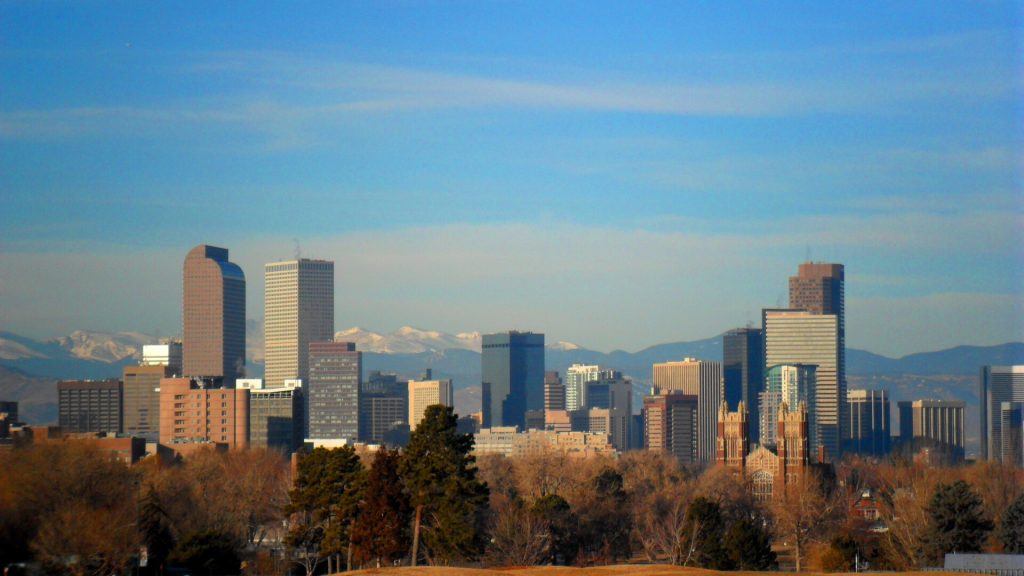
More than 150 guaranteed income pilot programs have been launched in the last several years, testing the concept of what happens when Americans are given money with no restrictions. In California alone, more than 12,000 people have received money through more than a dozen programs, and beneficiaries have been able to use the money to pay their rent, buy groceries, and live a higher quality standard of living.
Illinois Introducing a Statewide Proposal
Most recently, the state of Illinois has gone further in the concept of guaranteed income, and introduced a proposal in the state legislature that would create a task force to look into monthly guaranteed “unrestricted cash” subsidies for certain citizens of the state.
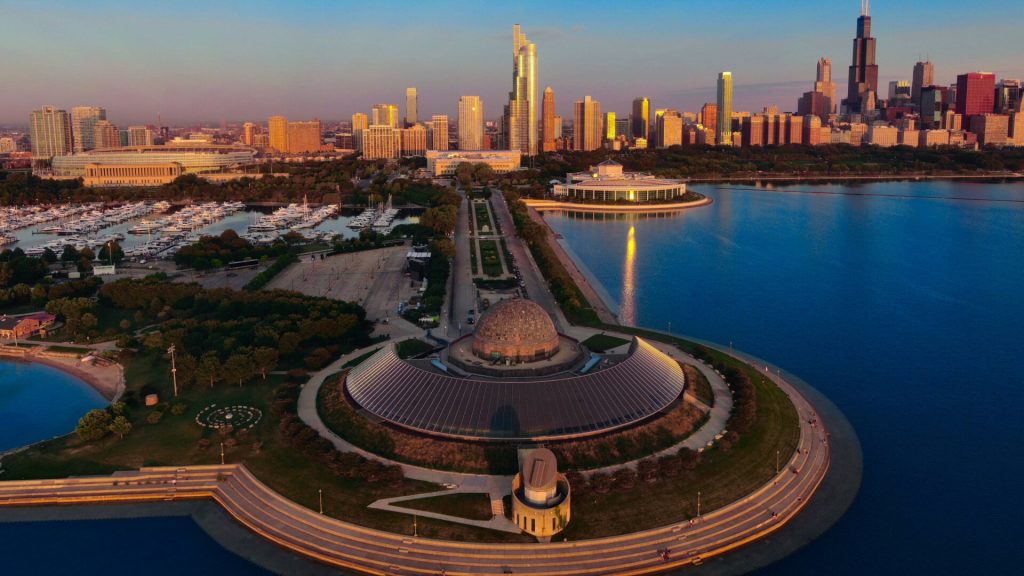
The bill would create the Illinois Guaranteed Income Law, and establish a board within the Department of Human Services to evaluate the efficacy of the program, propose statewide policies, and provide oversight. The board would also review the current landscape of cash supports available for low-income residents, and identify gaps where support could be improved.
Administering Cash Payments
According to the current text of the bill, after the board is dissolved at the end of 2027, DHS would then administer the program with monthly cash payments of $1000 to Illinois residents, regardless of immigration status, who provide care for a child or other dependent, recently gave birth, or is enrolled in an educational or vocational program.

An amendment was presented to the bill during a subject matter hearing in Chicago, which would focus on creating the task force itself without prescribing a dollar amount for what the payment to citizens would ultimately be. He couldn’t state exactly how much the program would cost the taxpayers, which has caused some problems.
Opponents of the Bill
Opponents of the bill point to the uncertainty of cost as one of the major setbacks of the program. Mike Buehler, the McHenry County Board chairman, said that it’s irresponsible to discuss a program like the one proposed without knowing the cost.
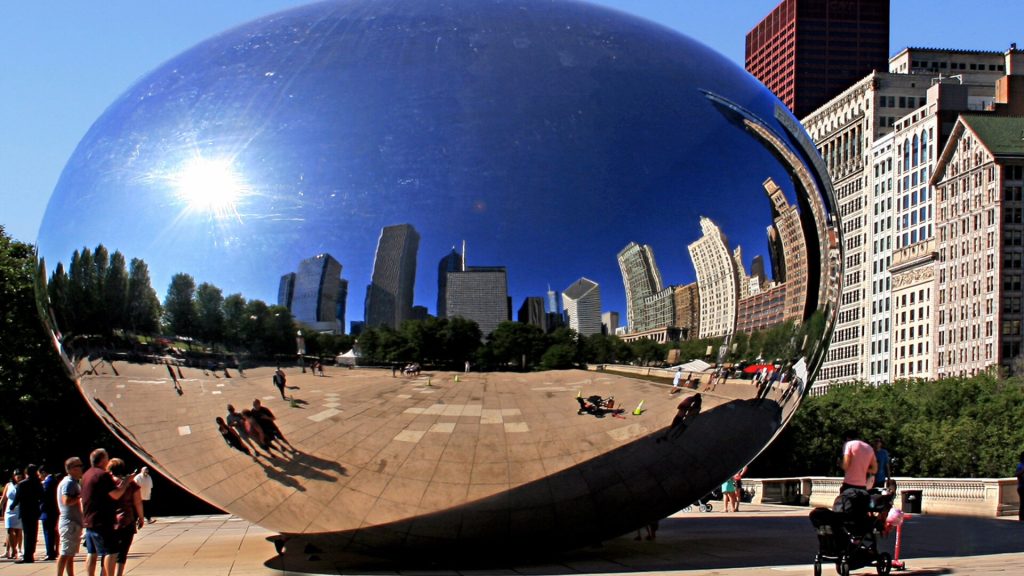
“My understanding is that you would have to be a person with a child, or caring for someone in your home or in school to be eligible for the benefits. That could be millions of people, and the cost could be in the tens of billions of dollars,” Buehler told The Center Square. “Where’s the state going to come up with these funds?”
Cost is a Real Concern
The concern over cost is a reality for Illinois residents. There are multiple different pilot guaranteed income programs currently running in Chicago and the Metro East St. Louis areas, which are costing taxpayers millions.

In 2022, the city of Chicago was in line to spend $31.5 million on a program that would allow $500 a month to be paid to low-income residents. That same year, a pilot program was approved using $3.6 million of state taxpayer funds for the metro East St. Louis area.
Doubling Down
Buehler went on to double down, stating that there could be unintended consequences to implementing a statewide guaranteed income program. He cited work productivity levels as a concern, as well as some other issues with the program as proposed, including the immigration status caveat.

“For regardless of immigration status, I think an unintended consequence could be a flood of migrants coming to Illinois looking for benefits, and not having to work for it,” he argued.
In Addition to Other Programs
Ameya Pawar, of the Economic Security Project, said that the proposed program should be in addition to other statewide safety net programs, such as SNAP and Medicaid. Buehler responded, stating that introducing a new program would reduce funds from these other programs, hurting them in the long run.

Specific assistance with restrictions, according to Buehler, is more beneficial than an unrestricted monthly grant, of the type that the measure proposes. “To get this income, they may not necessarily spend that in their own best interest, or the interest of the citizens at large,” he finished in the statement.
A Necessary Discussion
The measure remains in committee to be further discussed by the Illinois state legislature, with further meetings to be held regarding the proposal in the coming months.

While it’s unclear if the bill has the necessary support in the legislature as it’s written, it’s an important conversation to have for Illinois residents. If more money isn’t introduced into the economy in some way, citizens will continue to struggle, and if minimum wage hikes continue to be stalemated in state and federal Congresses, guaranteed income is the next, most important conversation to have.

